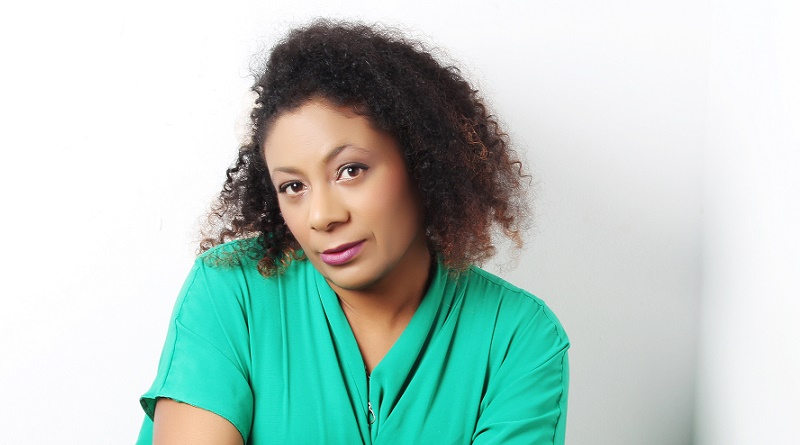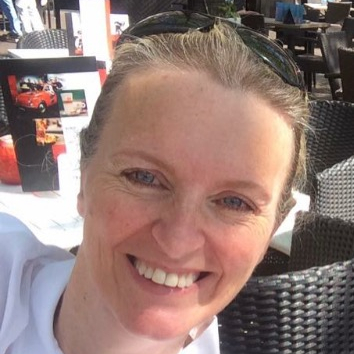
22 Oct Other Voices, Other Lives
I recently jumped at the chance of a hot-topic, hot-ticket SCWBI-SE Scotland event, “Other Lives, Other Voices,” with award-winning author Patrice Lawrence. It looked at how (and if) we should write about characters from backgrounds different to our own, characters of different races, religions, abilities, sexuality. There’s an excellent report available online with details from the event, but this is a more personal response, looking at the main points I took from the session and how I hope it will affect my writing.

I was nervous. My feelings on the day were similar to the concerns I have about writing outside my experience. Would I get it wrong? Would I offend people?
I also wanted to know, “Where is that line? The one between stepping outside my own background and cultural appropriation? Between inclusiveness and tokenism?”
This nervousness was quickly put to one side when Patrice got us to think about the personal joy we would get from writing characters different to ourselves. For me, it was the unending possibilities, viewpoints and voices, reflecting the society readers see around them and using that to make a connection. It still felt like a huge challenge. How could I do this in a credible and honest way?
The thing that resonated with me the most was Patrice’s question “Do you feel you must tell this character’s story?” If the answer is yes, then make sure you do it to the absolute best of your ability. But how?
The answer was the same as with all of our character development. Put the work in.
Read widely and deeply, not just books but blogs and tweets. Reach out to the amazing writers’ networks out there, you are unlikely to offend anyone (an example was asking what people thought a character would have in their bathroom cabinet).
Commit wholeheartedly to finding out about your character’s experience of the world, where they feel safe and where they don’t. Give your characters purpose, don’t use them to pad out the background. Have a look at the many available lists online of writers’ “offensive mistakes” which are often well-intentioned, but still offensive. Be aware of all the stereotypes and accept that sometimes, as with any character, you will get it wrong, so be humble and try again.

Am I still nervous? Yes.
None of us wants to be seen as that entitled writer who carelessly steals from a person who has been denied a voice in real life, but we do want to write rich and wonderful stories filled with amazing characters. Everything that was discussed at the event can be applied to any character’s development and hopefully, in applying these principals, I’ll be ready and able. I will wait until it feels right, when a character so different from my own background is absolutely the only one who can take on the role because of their life experience, because of their worldview and because it’s right for the story.

Yvonne Banham
A GEA North Foundations student, Yvonne is an author/illustrator based in Edinburgh.



